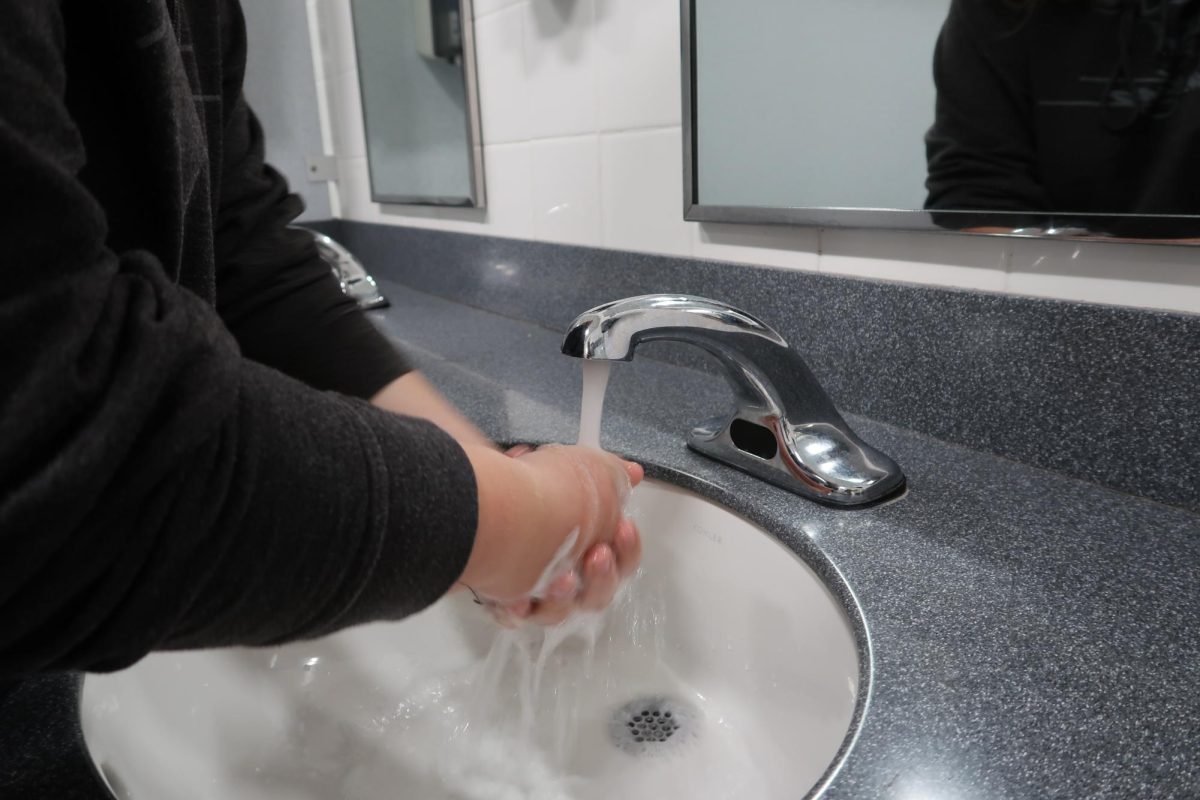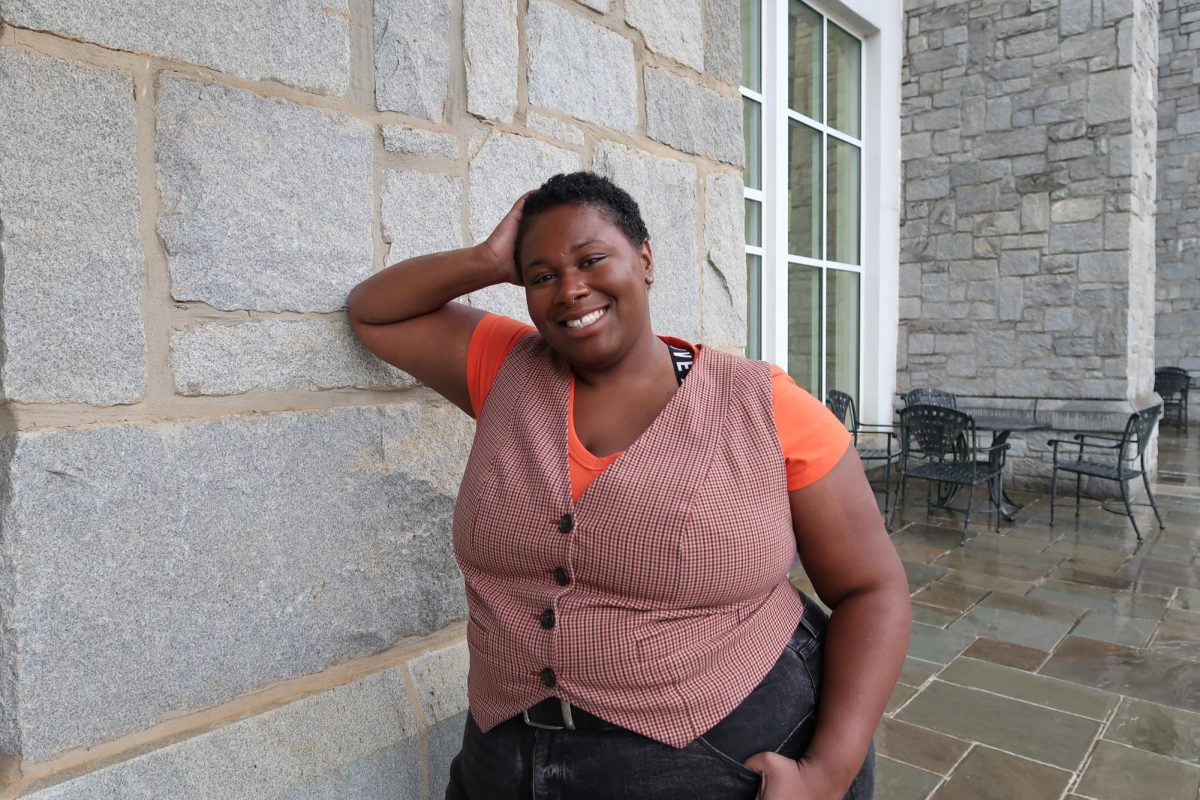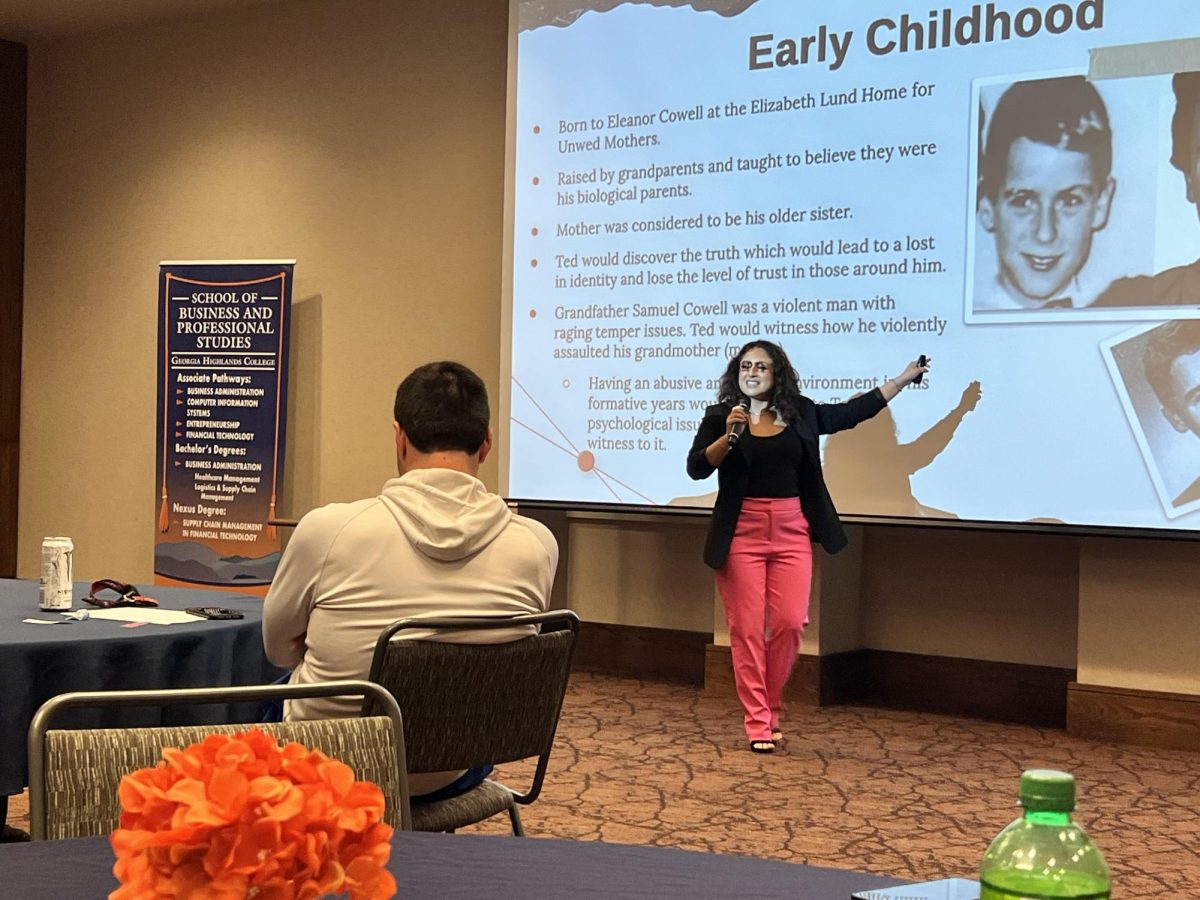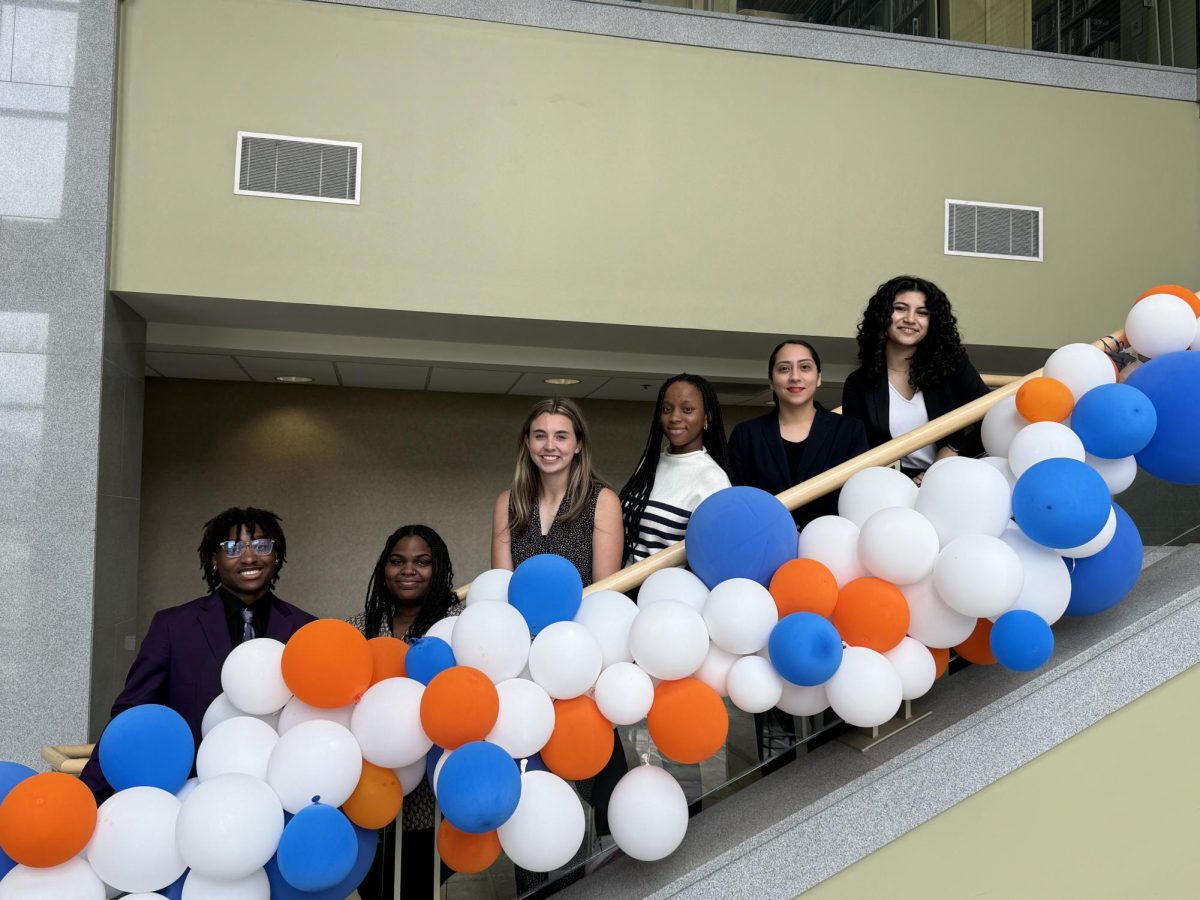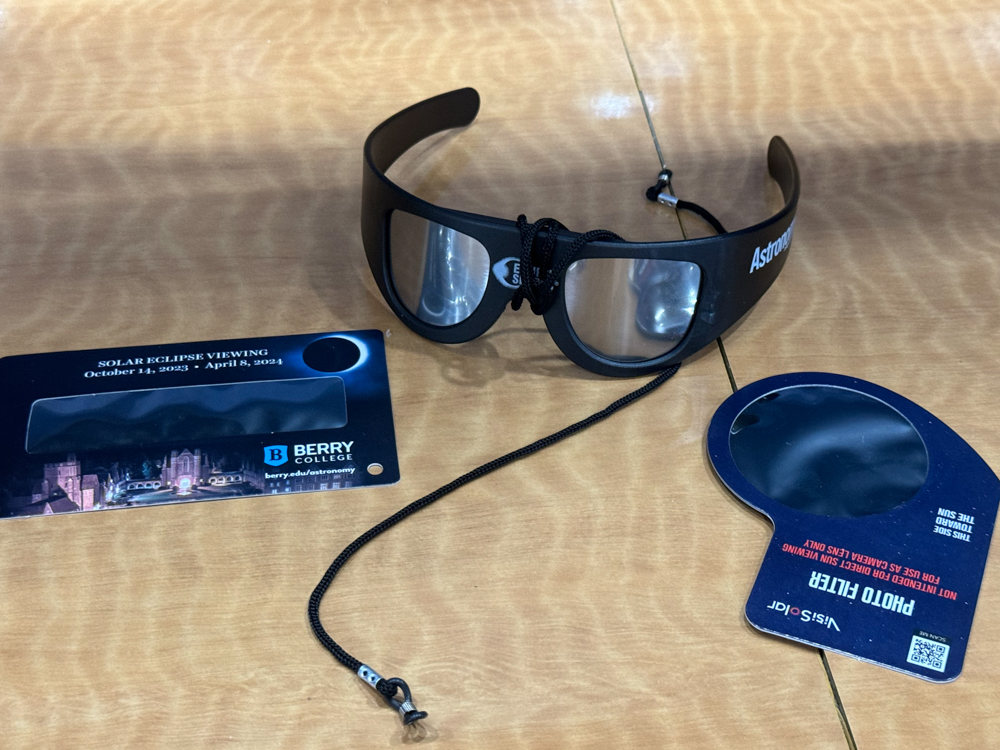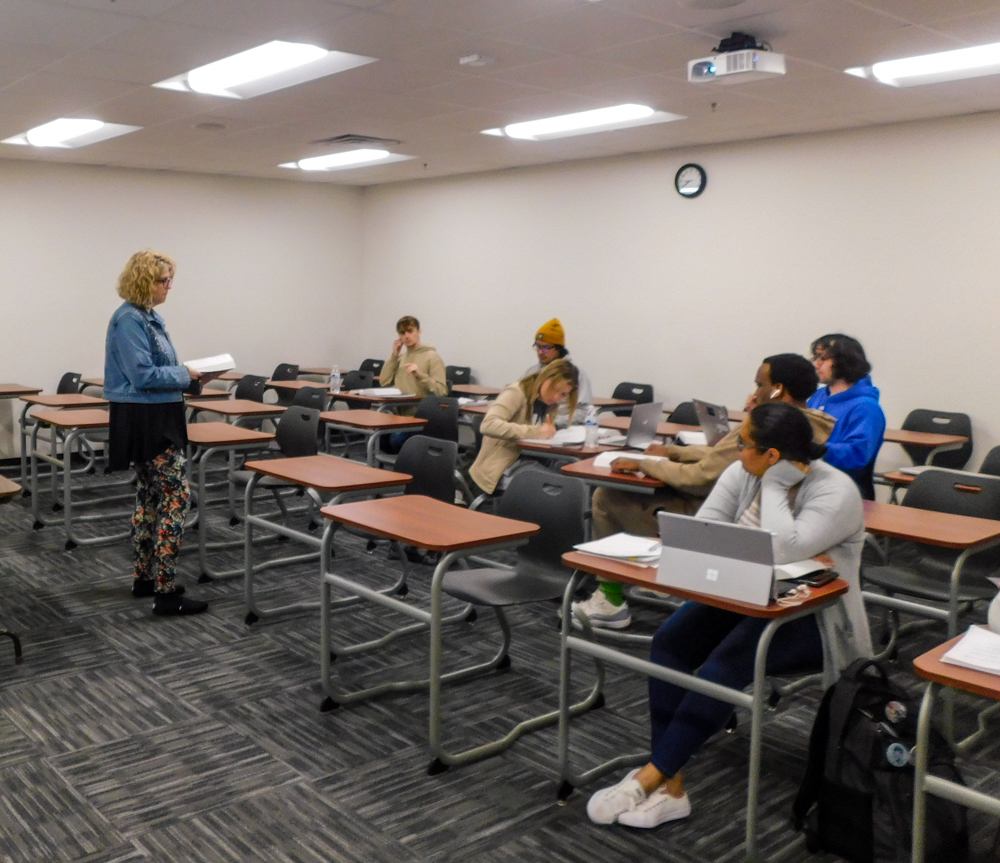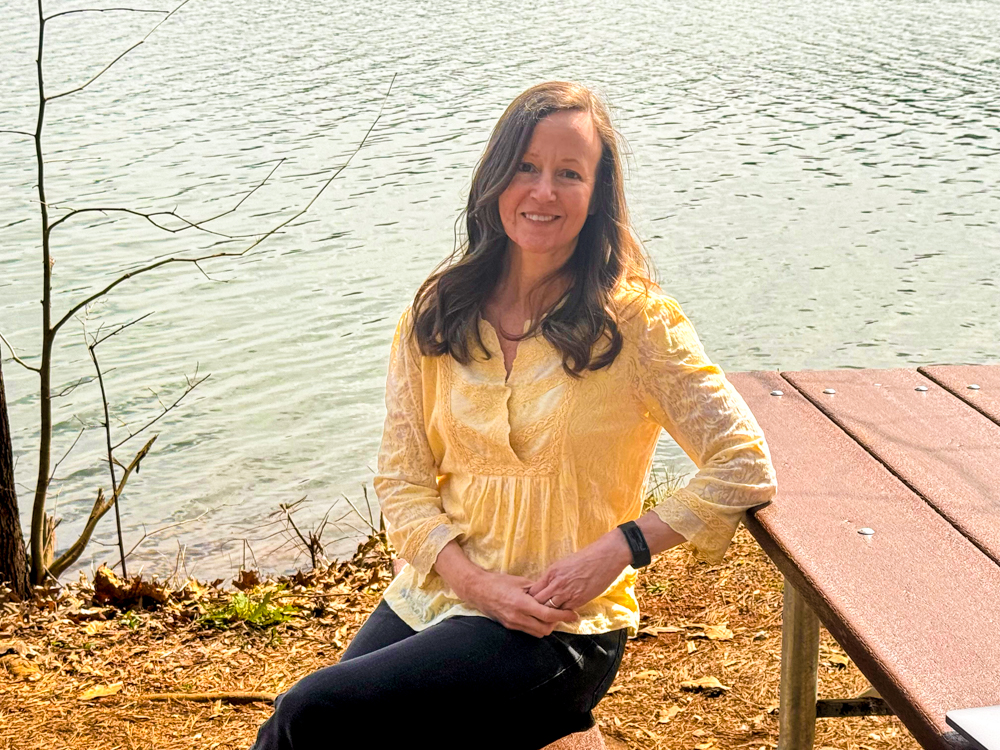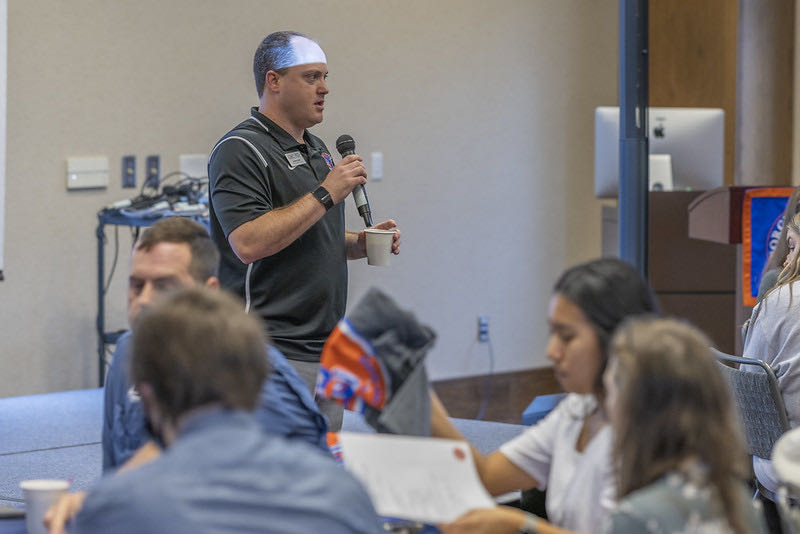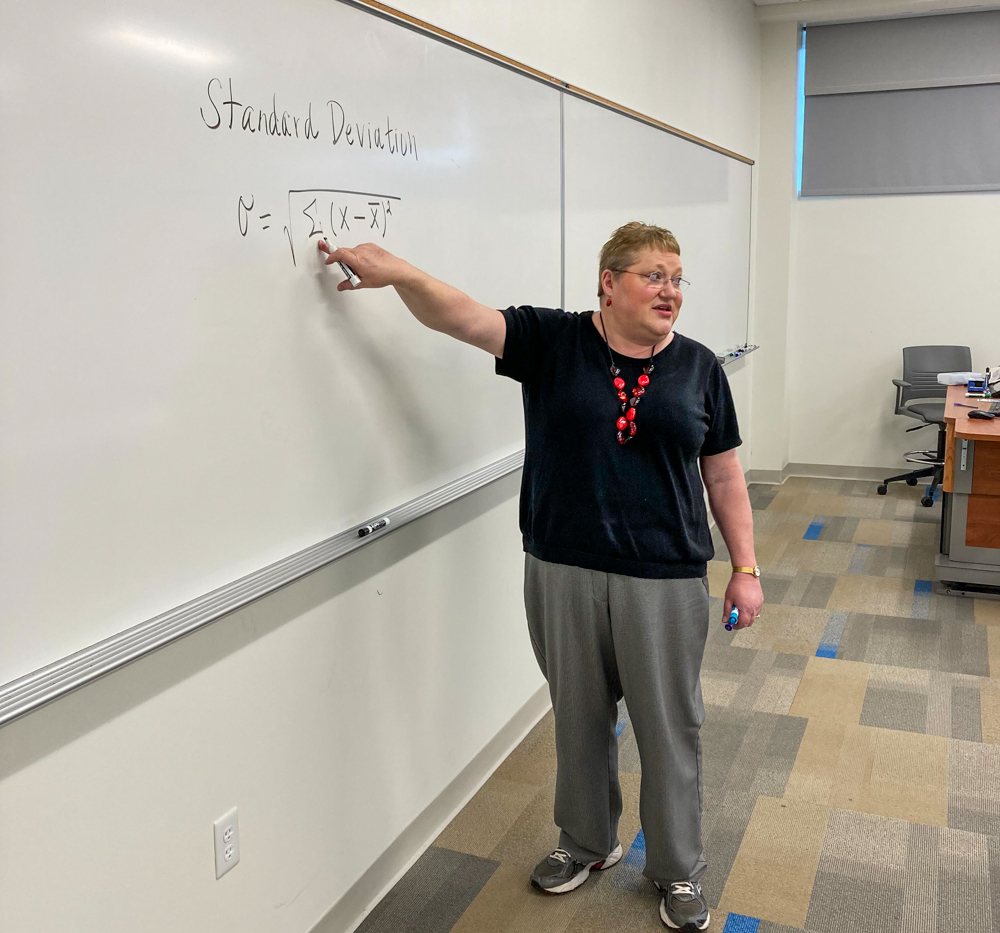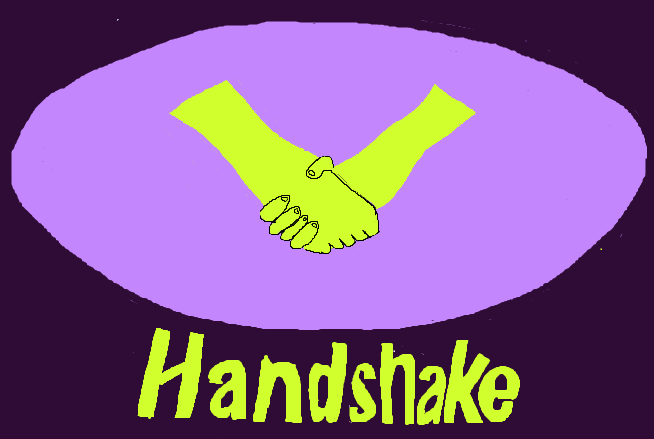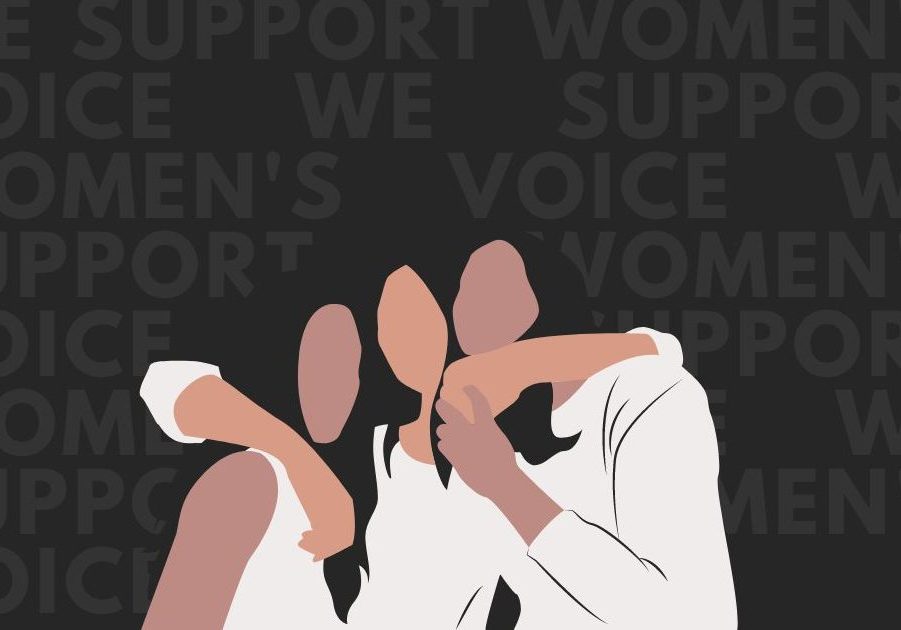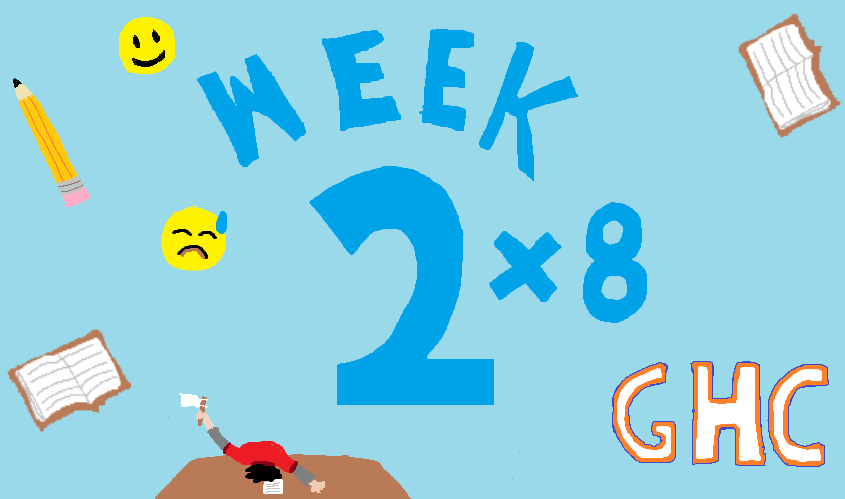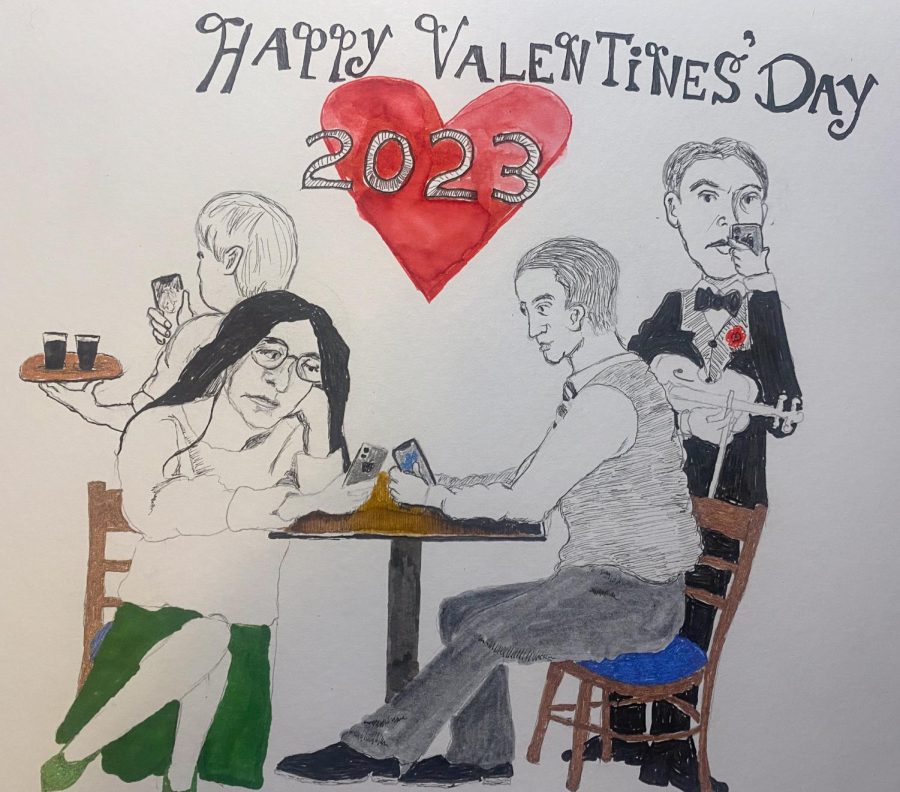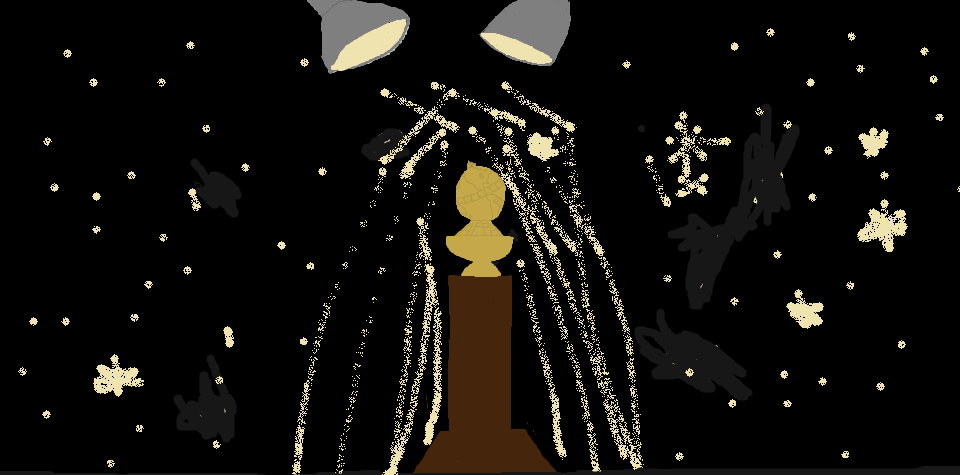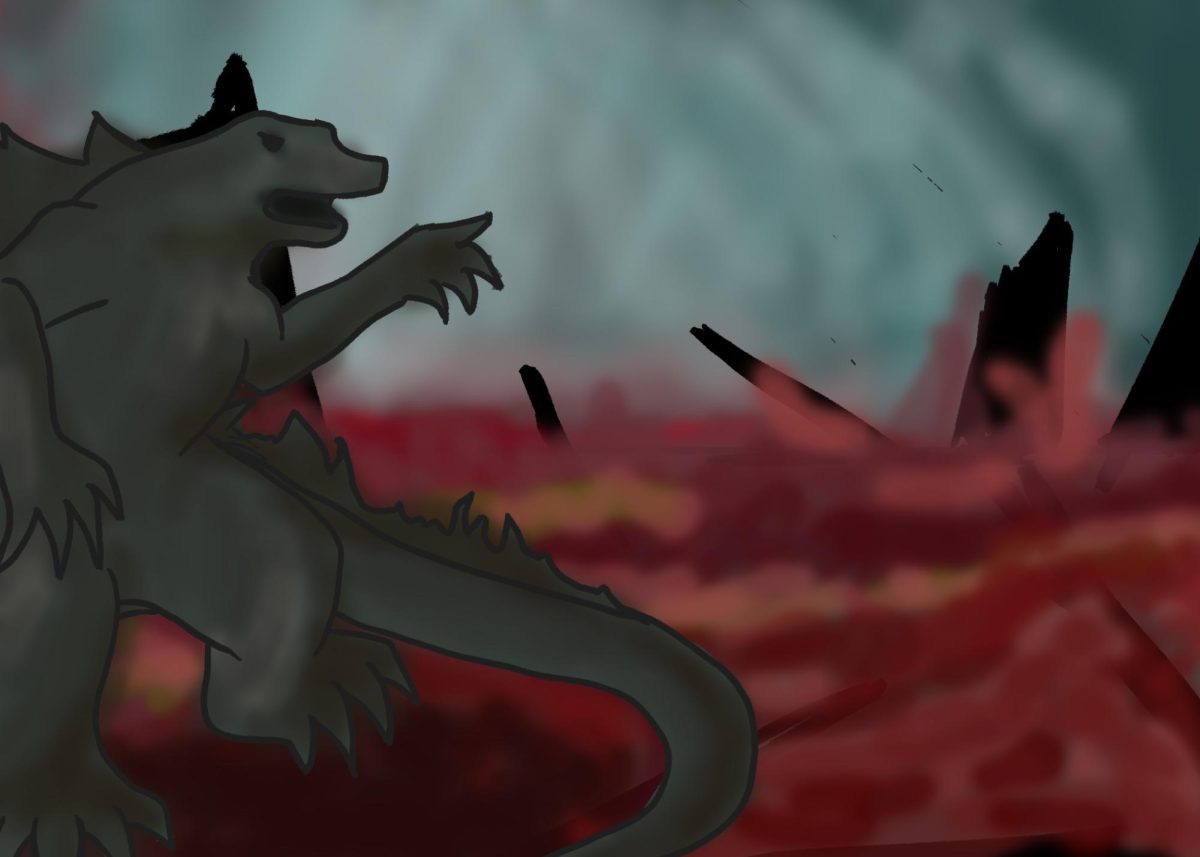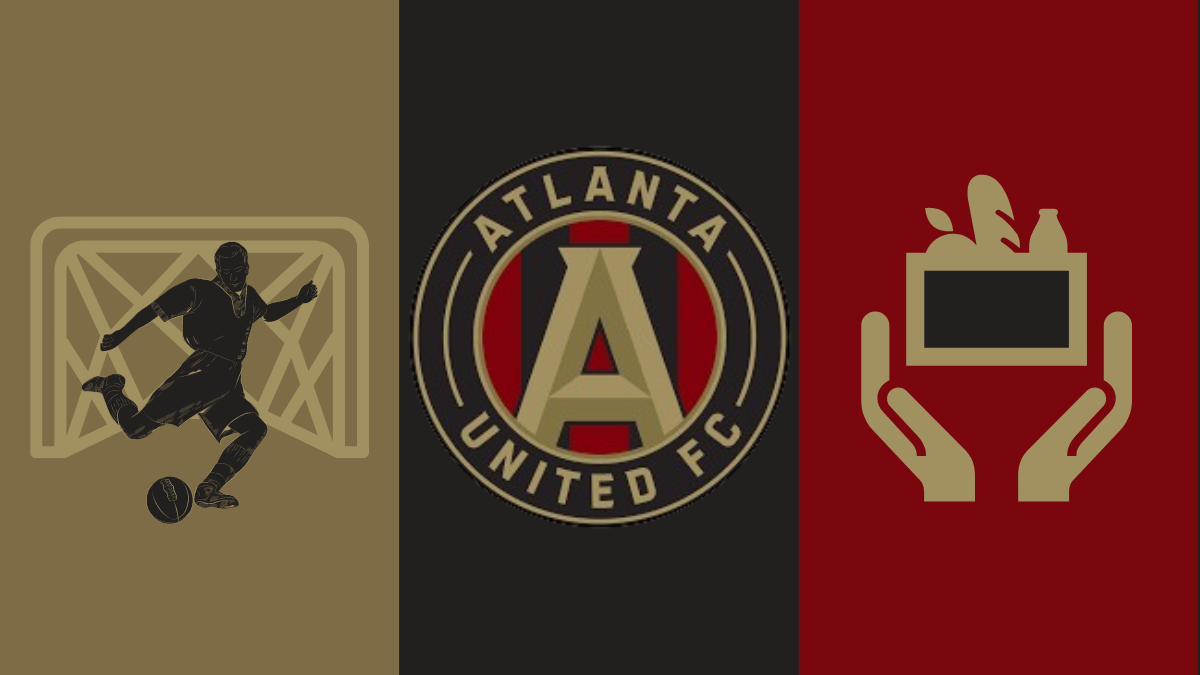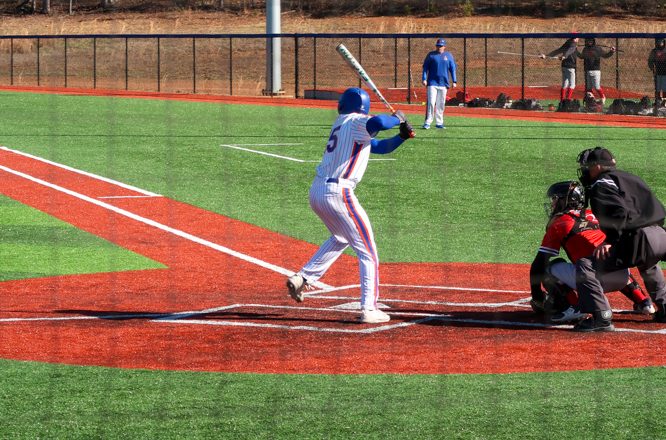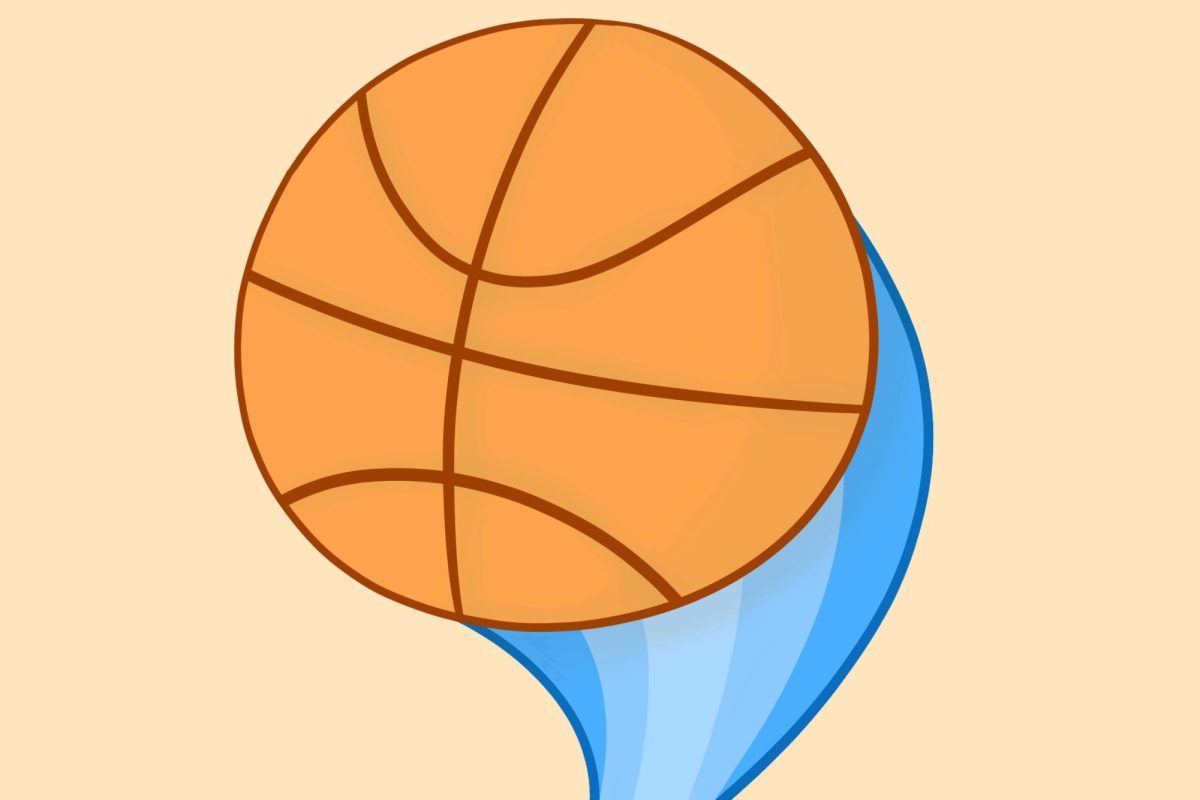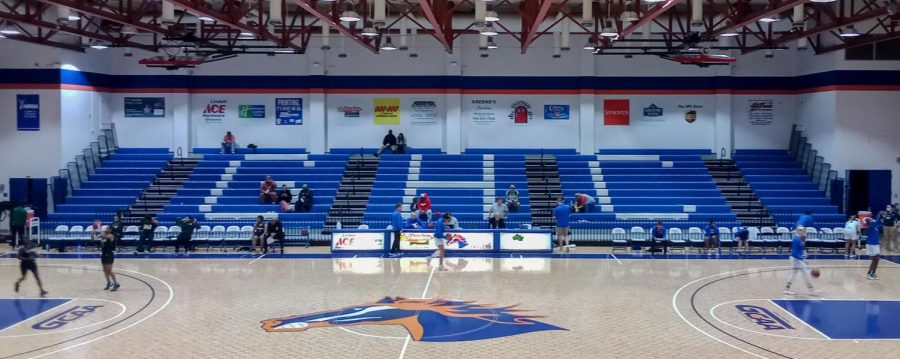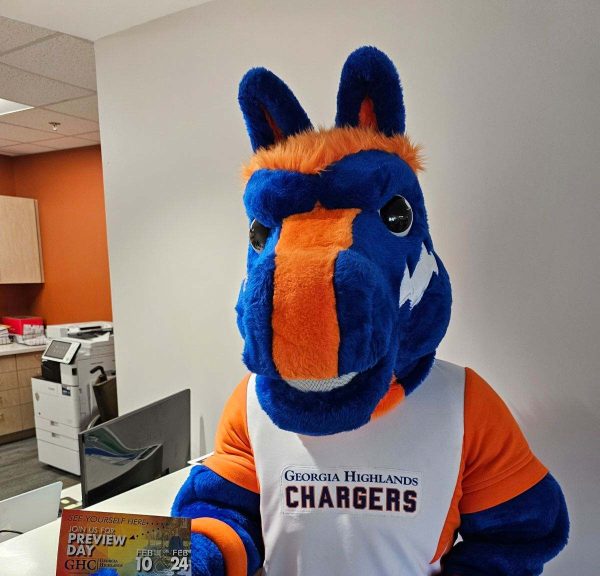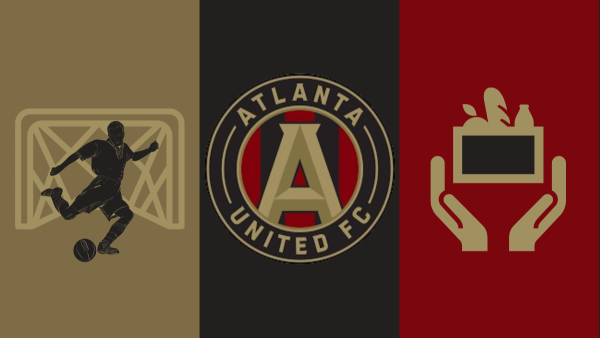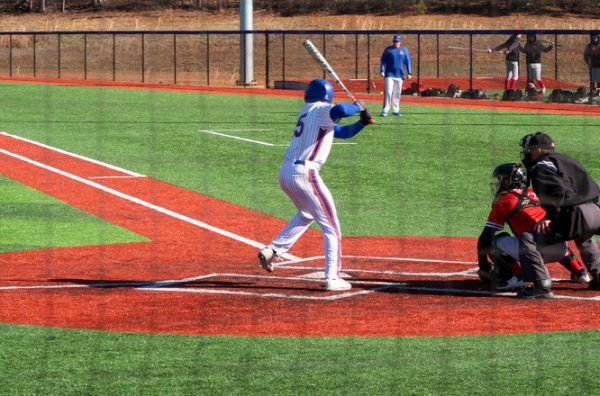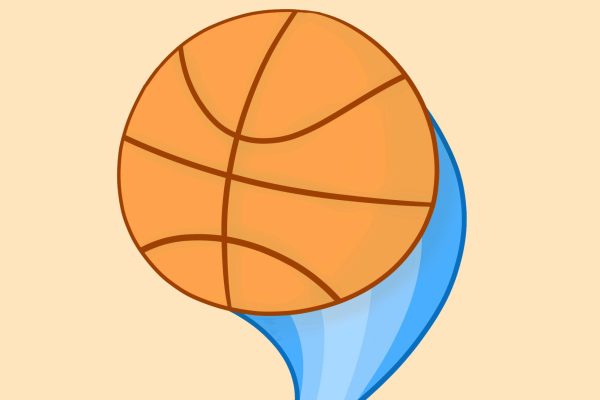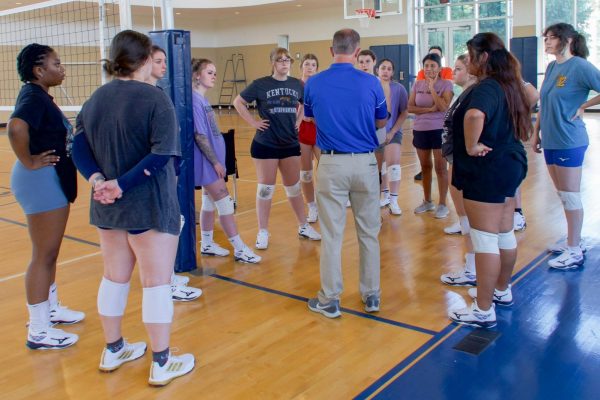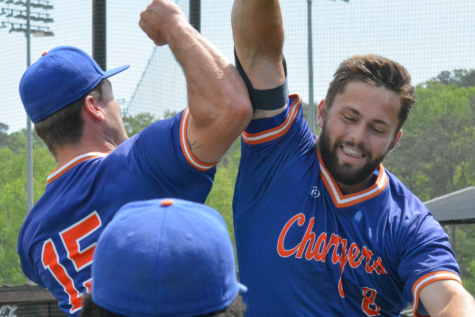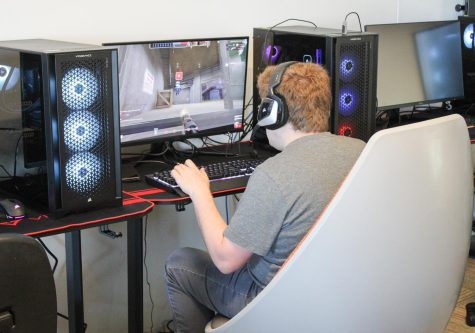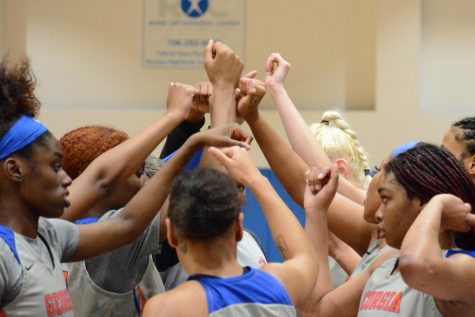Commentary: Women’s sports being held hostage by society
The visiting side of the game between the Georgia Highlands Lady Chargers and East Georgia State Lady Bobcats is nearly empty during the game on Dec. 1, 2021.
January 31, 2022
Throughout the centuries, women have been disadvantaged at every turn. Equality has come a long way, but underlying social issues remain.
Women’s sports leagues do not get as much recognition as their male counterparts, such as basketball.
Last season at the women’s college basketball Final Four, Oregon player Sedona Price decided that she was fed up with the contrasting ways that the NCAA approaches female and male athletes.
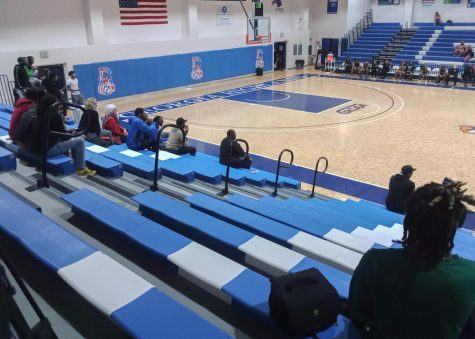
Price took to TikTok with a video displaying the weight rooms that the women were given for the Final Four compared to the men, with the difference between the two being nothing short of laughable.
According to the website Spotrac, the highest paid WNBA player, Skylar Diggins-Smith, made $228,094 last season.
This would sound like a great salary to most people, but when it is compared to the minimum salary of their brother organization, the NBA, it’s pocket change.
The absolute minimum of an NBA player for the 2021-2022 season is set at $925,248.
There are several factors that play into why NBA players get paid so much more than their female counterparts such as revenue and TV deals, but what if it were because of a bigger problem than just the income difference?
What if this is just another way to keep women from fighting for equal pay and it’s a problem with how society views women?
These differences are well-documented to the point that it affects women playing college sports today, such as Lady Chargers basketball player O’Mariyah Tucker.
“I feel like we all come into games with a chip on our shoulder because people always talk about the men’s basketball team and never the women’s team,” Tucker said.
Lady Chargers assistant coach NaeNae Sexton has grown up around the game of basketball since she was a kid and says that back then, there weren’t any female athlete role models that she looked up to.
“I think I really mimicked my brothers. Every time I played with them, I couldn’t get a shot off and they would block my shot. Every time I seen how they reacted to it, it made me want it more,” Sexton said.
We can make ourselves look good without dunking.
— O’Mariyah Tucker
Purdue University Professor Sheryl Cooky and another professor from the University of Southern California researched how much airtime women’s sports get on national television compared to their male counterparts, with the overwhelming majority of airtime being given to male sports.
They found that just 1.6 percent of national sports coverage was focused on women.
While there has been progress made in women’s sports, coach Sexton believes that there still isn’t enough being done on the subject.
“The WNBA has impacted the view of women’s sports, but it’s still disappointing that a man can come out after their first year of college whereas girls can’t,” Sexton said. “I think that’s unfortunate. We have to go a full four years in college.”
Something that is often used as a joke as to why the WNBA isn’t entertaining is that they don’t dunk the basketball, which is something that Tucker noted.
“We don’t got to be dunking and showboating and all this other stuff that guys do to make our game entertaining,” Tucker said. “We can make ourselves look good without dunking.”
There are many ways to fix the attendance problem at women’s sporting events, but until then, women’s sports will unfortunately be put in the back of our minds until we as a society are ready to say that women’s sports matter to us.

